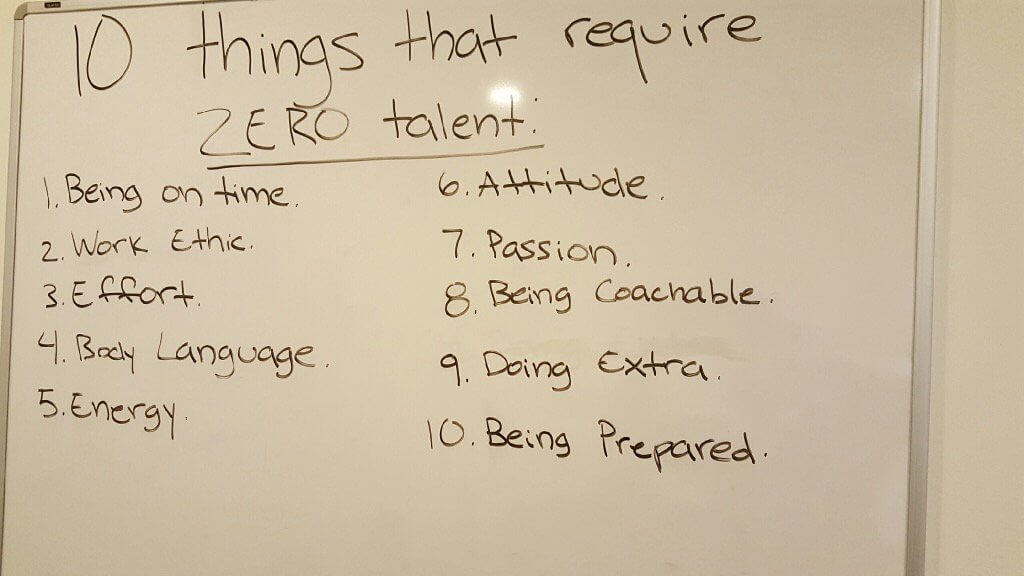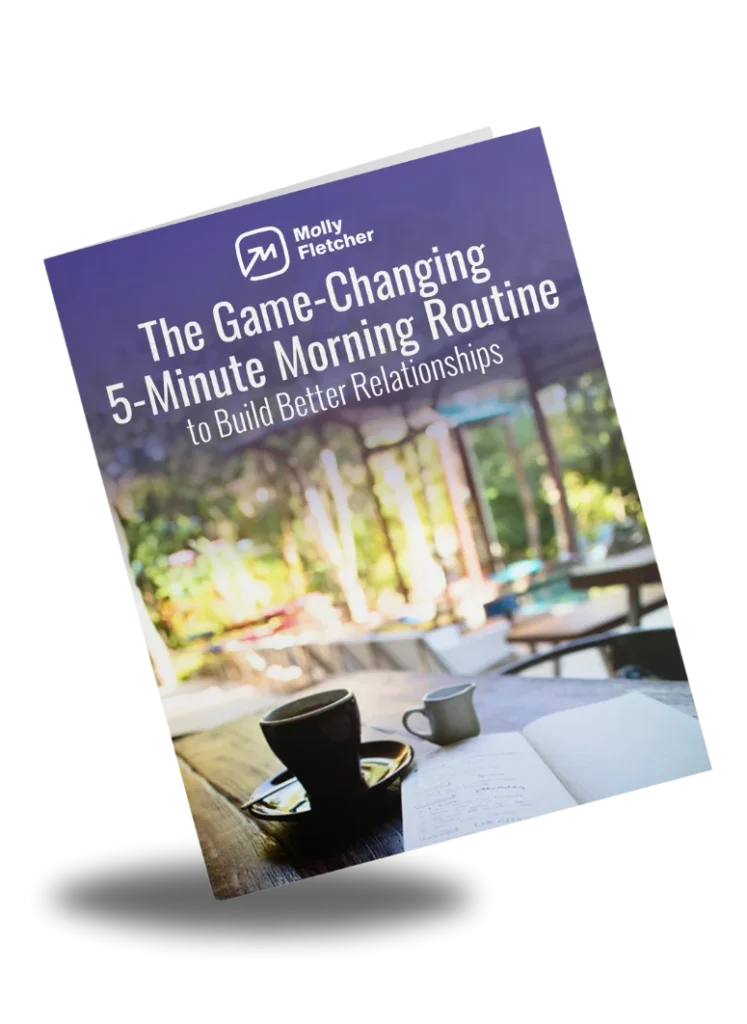How can we provide a better support system for single parents?
for single parents?
This question came to mind recently as I read Sheryl Sandberg’s post about coping as a single mom after the sudden death of her husband. In her bestseller Lean In, she wrote (as I do) about how critical a loving and supportive partner can be both professionally and personally.
Losing hers made her keenly aware of what so many men and women are going through:
- Since the early 1970s, the number of single mothers in the United States has nearly doubled.
- Today, almost 30 percent of families with children are headed by a single parent.
- 84 percent of those single-parent families are led by a single mother.
How do single parents do it?
I don’t know how they cover the basics, especially on those many days when it takes me, my husband and an extensive support system to keep our kids and household running.
I’m curious about how single parents find a way not just to survive but thrive for their kids.
For this column, I asked a good friend who is raising two daughters (one disabled) on her own while working a day job and her own side business. She fearlessly has helped me live into my personal mission statement, to connect, inspire and lead with creative courage and optimism.
For her, the loss of her life partner feels like she is missing her arm or leg. It’s incredibly isolating. What helps her thrive? Authentic connections.
She came up with these 7 Ways to Be There For A Single Parent based on actions of other people who have helped her fear less in this season of her life.
(This is great advice for supporting anyone. If you are a single mom or dad reading this, I hope you will send this to people who need to know how to support you.) I know I learned a lot personally from gaining this perspective from my friend.
1. Listen without judgment. Be an active listener. Restate what you hear them say so they know that you’re tuned in. Resist chiming in with your opinion about how bad things may be or how terrible someone is acting. Tip: Keep a supportive tone of voice and say, “That sounds really hard/difficult/challenging.”
2. Resist comparisons. Don’t say that your problems pale in comparison to theirs or that you can’t imagine how they do it. These comments make their experience (and them more distant from “regular” life. Tip: It’s not about you.
3. Point out authentic strengths. In this difficult chapter of life, it can be hard for them to remember what they’re good at. Build their fearlessness and resilience by pointing out their inherent gifts. Tip: Share a favorite story about them that demonstrates how special they are.
4. Offer concrete help. Very few single parents have the time or resources they need to complete important tasks. It can be hard for them to ask, and it can be hard for others to offer. Think of a specific block of time or talent. Even if they say no, the offer will mean a great deal. Tip: Spare two hours on Saturday morning for yard work or arrange a home-delivered meal on their anniversary.
5. Celebrate small acts of fearing less. This too shall pass, whether they (or you) believe it or not. Simply fearing less, one decision at a time, will build up until they truly can live fearlessly. These are small moments with a big outcome, and they’re worth cheering on. Tip: Your next encouraging text, email or call (whichever works for them) may be the one they need the most.
6. Surprise them. Their days are full of sacrifices, barriers, and giving themselves to work and family. Is there something (no matter how small) that will make them smile? Do it. Tip: A funny meme, quote or ecard is easy to send.
7. Share this inspiration with others. Sandberg is right: “We need to understand that it takes a community to raise children and that so many of our single mothers need and deserve a much more supportive community than we give them. We owe it to them and to their children to do better. We must do more as leaders, as coworkers, as neighbors, and as friends.” Tip: Forward this email to a friend (or 10?) who might be or know a single parent.
Your Game Changer Takeaway
Fearless living isn’t solitary. It involves reaching out and supporting others, including single moms and dads. When we authentically connect and encourage others to meet their challenges with small acts of fearlessness, we build the same in ourselves. Try reaching out and supporting a single parent with these tips—and single parents, share these tips with others in your world.
Molly Fletcher helps inspire and equip game changers to dream, live and grow fearlessly. A keynote speaker and author, Molly draws on her decades of experiences working with elite athletes and coaches as a sports agent, and applies them to the business world. Her e-learning courses spark both personal growth for individuals and corporate development for organizations. Sign up here to receive our monthly newsletter.
















